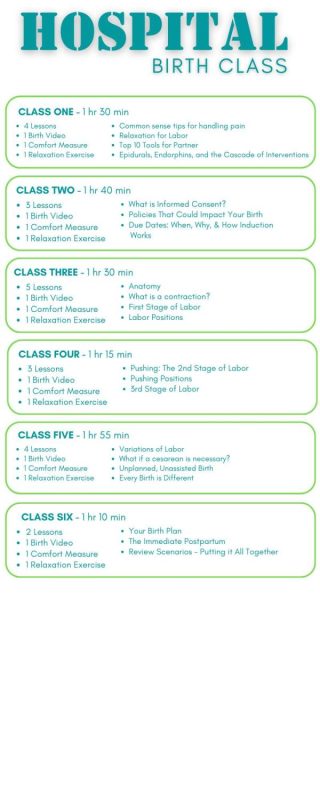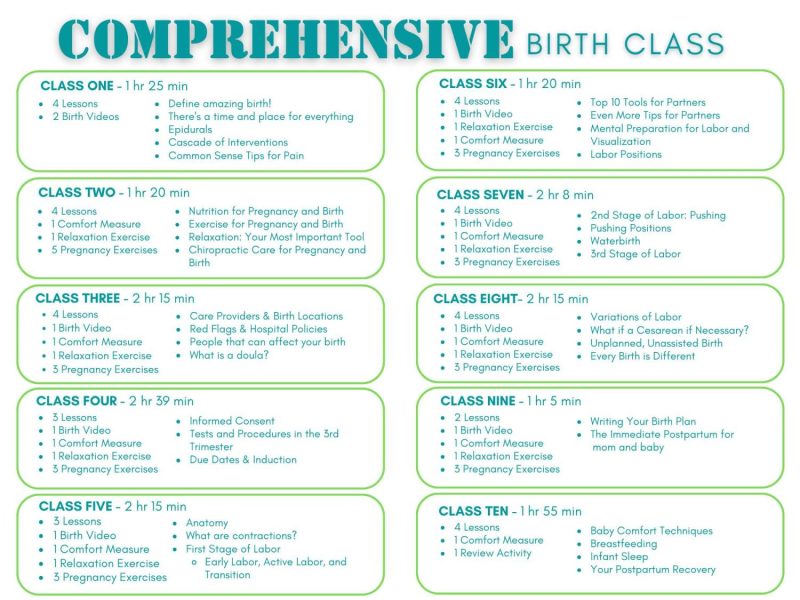Tasha after her vaginal birth after four c-sections. It can be done. You can read her story here.
Melek Oz Speros, founder of Black Women DO VBAC!, has made it her mission to bring research, birth stories, and inspiration to Black women giving birth. We are excited to share her and her knowledge with you today and help spread the word that black women CAN and DO have vaginal births after cesarean.
~
While rates of vaginal birth after cesarean (VBAC) and its very accessibility are issues bemoaned by activists and advocates across the board, this issue hits the Black community particularly hard, as do many issues with regards to maternity care in this country.
Despite higher rates of trials of labor after cesarean (TOLAC), and evidence that Black women may have lower incidences of uterine rupture, Black women have lower rates of successful VBACs. This matters because cesareans, particularly higher order cesareans, present significant risks to the mother’s health. With maternal mortality rates much higher than white women (3-4 times higher as of the latest data available from the CDC), and cesareans presenting a greater risk of maternal mortality and morbidity, the fact that Black women are not VBACing at higher rates is a matter of great concern.
Several hypotheses have been put forth to try to explain why Black women have lower rates of VBAC. Institutional racism, socioeconomic disparities affecting access to care and options with regards to care providers, lack of access to information and outreach programs failing to reach Black women at large may all contribute to the lower rates of VBAC.
Unfortunately, the conversation sometimes also devolves into mother blaming–some posit that Black women have poorer general health and this explains it. However, studies show that even amongst low risk first-time births, Black women have a higher risk of experiencing a cesarean delivery. And these first time moms who have a cesarean will then have to face the reality that their chances of a successful VBAC are lower for no other reason than the fact that they are Black.
The truth is, we don’t have a concrete explanation for the lower rates of VBAC in our community, but it is of the utmost importance that we continue the conversation, so that we may raise awareness within the community of the benefits of natural birth after a cesarean (or even multiple cesareans), as well as the risks of multiple cesareans, which are often underrepresented or misrepresented to mothers.
We are operating within a system that has failed–and continues to fail–us. While some may be content to throw their hands up and stop at “we just don’t know,†there are people out there who are working to educate, inform and empower women to challenge the system which has left us behind.
I started the website Black Women DO VBAC! in order to share the true stories of Black women who have had successful VBACs, so that other mothers may know that, despite what the research shows, there are women like them who have managed to defy the odds. It is my fervent hope that reading real life stories of women who have gone before them will inspire others to question the status quo and advocate for themselves and their babies, so that we may close the gap and, hopefully, improve outcomes for both mothers and babies.
Reprinted in part from the October 2013 issue of the “Black Women Birthing Justice Newsletter.”
Melek planned three natural births and after two cesareans, her dream finally came true when she gave birth to her youngest son naturally in 2012. Melek also works as a doula and natural childbirth educator and is passionate about informing women and couples about the benefits of natural childbirth and breastfeeding. An inactive attorney, she also works to inform mothers of their rights in childbirth, especially VBAC mothers, who often face barriers other mothers do not. You can find Black VBAC stories, and research about Black women and VBAC on Melek’s website, Black Women DO VBAC!
–Racial and ethnic disparities in the trends in primary cesarean delivery based on indication (2009)
–Racial disparity in the success and complications of vaginal birth after cesarean delivery (2008)
–Risk of stillbirth following a cesarean delivery: black-white disparity (2006)
–Ethnic disparity in the success of vaginal birth after cesarean delivery (2006)







